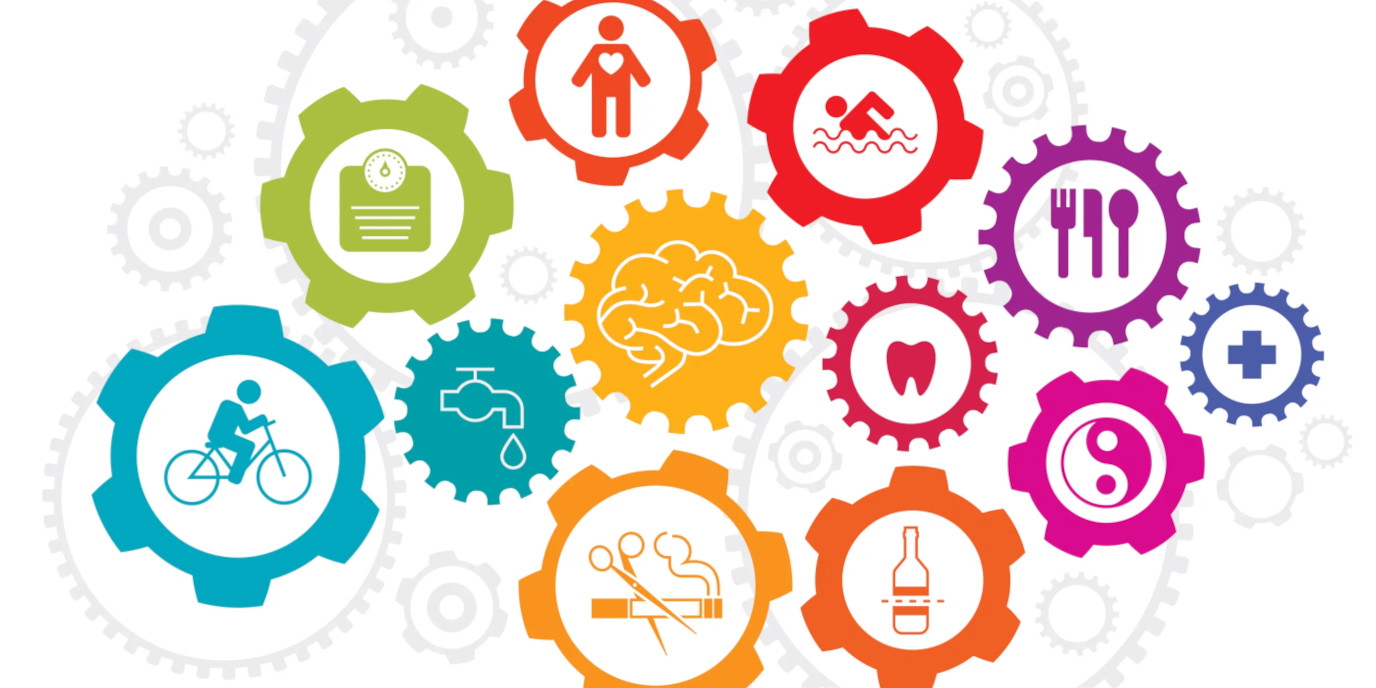Health in Social Context

Individuals are oftentimes seen as responsible for determining their own health and well-being as they engage in more or less healthy behaviors. However, this health behavior itself is influenced by complex factors such as an individual’s genetic makeup, cognitive capacities, personality and upbringing.
At the Faculty of Behavioral and Social Sciences we extensively study these individuum-centric processes but we also add another important element to the equation: the social context in which individuals operate.
At the micro level, we study how the social groups and networks people are part of are essential determinants of health. Lacking social relations is as great a health risk as well-established risk factors such as smoking and alcohol consumption (Holt-Lunstad, Smith & Layton, 2010) in itself. But social networks are also not uniformly supportive as they can stimulate both healthy and unhealthy behavior (e.g., think of social pressures to join in and smoke or, conversely, to stop smoking).
At the macro level, the economic, political and social context in which people live strongly impact health and well-being. Many factors play a role at this level, such as political insecurity, living conditions, (economic) inequality, (neighbourhood and country) levels of criminality and violence, climate and disasters.
At the Faculty of Behavioral and Social Sciences we study the interplay between individual, micro and macro level determinants of health and well-being. In our research, we take a multi-method approach (e.g., quantitative and qualitative research as well as observational and experimental methods) and study a wide variety of determinants at different levels of resolution (e.g., brain processes, learning and memory, relationships, social norms, social networks, memberships of disadvantaged groups, migration) and outcomes (e.g., happiness, well-being, health behaviors such as smoking, exercise, cognitive ability, psychopathology).


